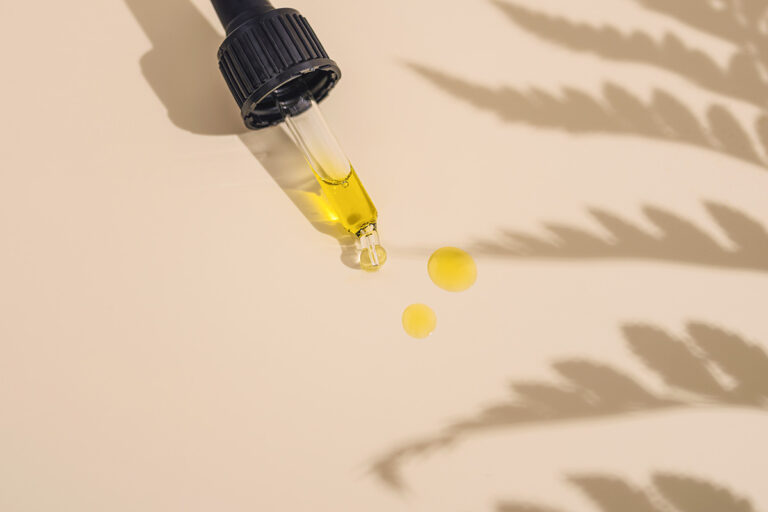The increasing legalization of marijuana and its related derivatives for medical purposes has led researchers and healthcare professionals to explore its potential effects on various ailments, including addiction to other substances. Many experts believe that incorporating cannabidiol (CBD) and marijuana into addiction treatment can prove to be beneficial in addressing the opioid crisis and other drug dependencies facing the world today.
Understanding marijuana and CBD
Marijuana, or cannabis, is a plant that contains over one hundred different chemical compounds known as cannabinoids. The two most well-known cannabinoids are Delta-9-Tetrahydrocannabinol (THC) and cannabidiol (CBD). THC is the psychoactive compound responsible for the ‘high’ associated with marijuana use, while CBD is non-intoxicating and has been recognized for its potential therapeutic benefits in several medical conditions, including chronic pain, anxiety, and epilepsy.
Potential benefits in addiction treatment
Several studies and anecdotal evidence suggest that CBD and marijuana can be effective in treating addiction to opioids, alcohol, and other substances. Some of the potential benefits of using CBD and marijuana in addiction treatment include:
Do you have a loved one struggling with addiction?
We know how hard that can be. Give us a call to find out what options you have.
- CBD for opioid addiction: Research indicates that CBD may help reduce drug cravings and anxiety, which are common withdrawal symptoms associated with opioid addiction. A recent study published in the American Journal of Psychiatry found that CBD effectively reduced cue-induced cravings and anxiety in individuals with a history of heroin use, suggesting that it could be an effective treatment for opioid addiction.
- Marijuana for opioid replacement: Some states with medical cannabis laws have seen reductions in opioid overdose deaths, implying that patients may be choosing marijuana as a safer alternative to opioid medications. A 2014 study found that states with medical cannabis laws had a 24.8% lower annual opioid overdose mortality rate compared to states without these laws.
- CBD for alcohol addiction: Several preclinical studies suggest that CBD may help combat alcohol addiction by reducing alcohol consumption, alcohol-seeking behavior, and alcohol withdrawal symptoms. A 2019 review of preclinical studies concluded that CBD has “significant potential” in treating alcohol use disorder.
- Marijuana for benzodiazepine withdrawal: Patients who use marijuana to treat anxiety and sleep disorders may be more successful in discontinuing benzodiazepine medications, which can have serious withdrawal symptoms. A study in 2019 showed that 45.2% of patients who used medical cannabis were able to discontinue benzodiazepine use within six months, compared to just 2.3% of non-cannabis users.
Limitations and concerns
While there is promising research supporting the use of CBD and marijuana in addiction treatment, some limitations and concerns still exist:
- Limited studies: The existing studies on the effects of CBD and marijuana in addiction treatment are still limited in number and scope, and more rigorous studies need to be conducted to understand the full potential and drawbacks of this approach.
- Marijuana addiction: Some critics argue that using marijuana in addiction treatment may put patients at risk of developing marijuana addiction or dependence. However, proponents argue that the risks associated with marijuana are significantly less than the dangers associated with opioids and other addictive substances.
- Legal restrictions: The federal prohibition of marijuana in the United States and other countries limits the ability of researchers and healthcare professionals to conduct large-scale studies and implement treatments involving cannabis and its derivatives.
Conclusion
As more states and countries legalize marijuana for medical purposes, the scientific community is discovering new therapeutic applications for cannabis and its derivatives, such as CBD. Addiction treatment is an area where there is a growing body of research suggesting significant potential benefits, particularly in the context of the ongoing opioid crisis. With further research, it is possible that CBD and marijuana may become crucial components of addiction treatment in the future.





